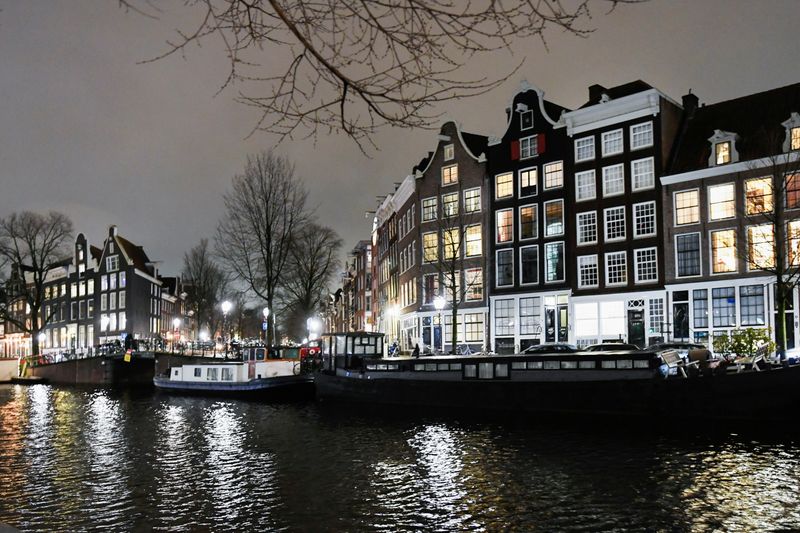AMSTERDAM (Reuters) – The Dutch government raced on Wednesday to prepare legislation to keep a nighttime curfew in place after a court ordered it to scrap the controversial COVID-19 measure which has become the focus of campaigning a month before a general election.
The stakes are high politically as Prime Minister Mark Rutte and the country’s top health officials argue the measure is essential to soften a third wave of infections they say is about to arrive due to variants of the coronavirus.
Tuesday’s court ruling found the government’s current justifications lacked sufficient legal basis, sending authorities scrambling to draft a bill and enact it swiftly into law.
Rutte is aiming to get the new law through both houses of parliament before an appeals hearing set for Friday morning, to ensure the curfew, the first in the Netherlands since World War Two, stays in place regardless of the outcome.
The measure sparked several days of rioting by anti-lockdown protesters when it was introduced on Jan. 23, and has been heavily criticised by Rutte’s opponents in parliament in the run up to the March 17 elections.
Rutte’s conservative VVD party leads in opinion polls, despite a slow launch of the country’s vaccination programme and forecasts by the National Institute for Health (RIVM) that new infections will likely rise in the weeks ahead even if the full package of lockdown measures remains in place.
The curfew between 9 p.m. and 4:30 a.m. local time is part of broad lockdown measures in the Netherlands, including bans on both public gatherings and on receiving more than one visitor at home at a time.
The measures are disliked by many voters, weary of the lockdown as non-essential shops, bars, restaurants and secondary schools have been closed for months, but a majority support government policy.
(Reporting by Bart Meijer and Toby Sterling; editing by Emelia Sithole-Matarise)






















